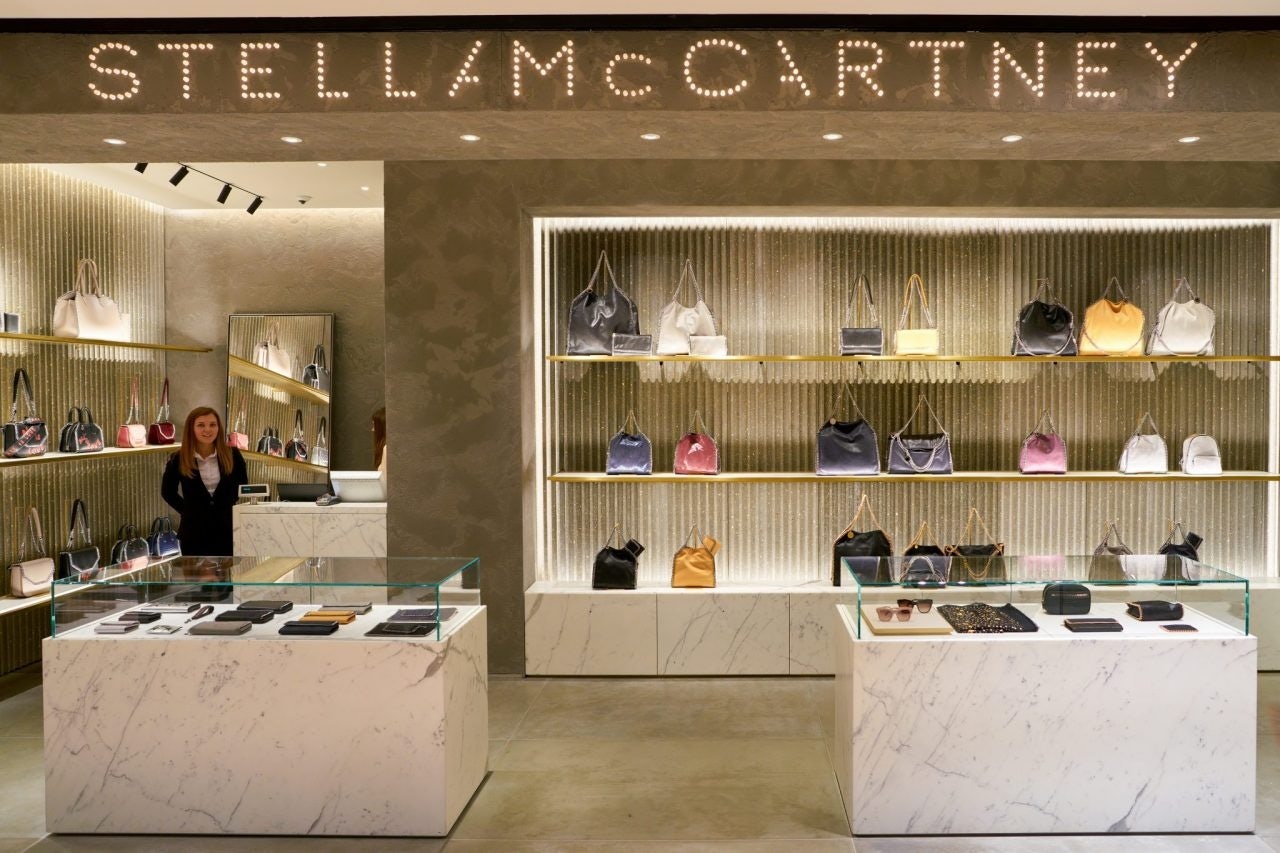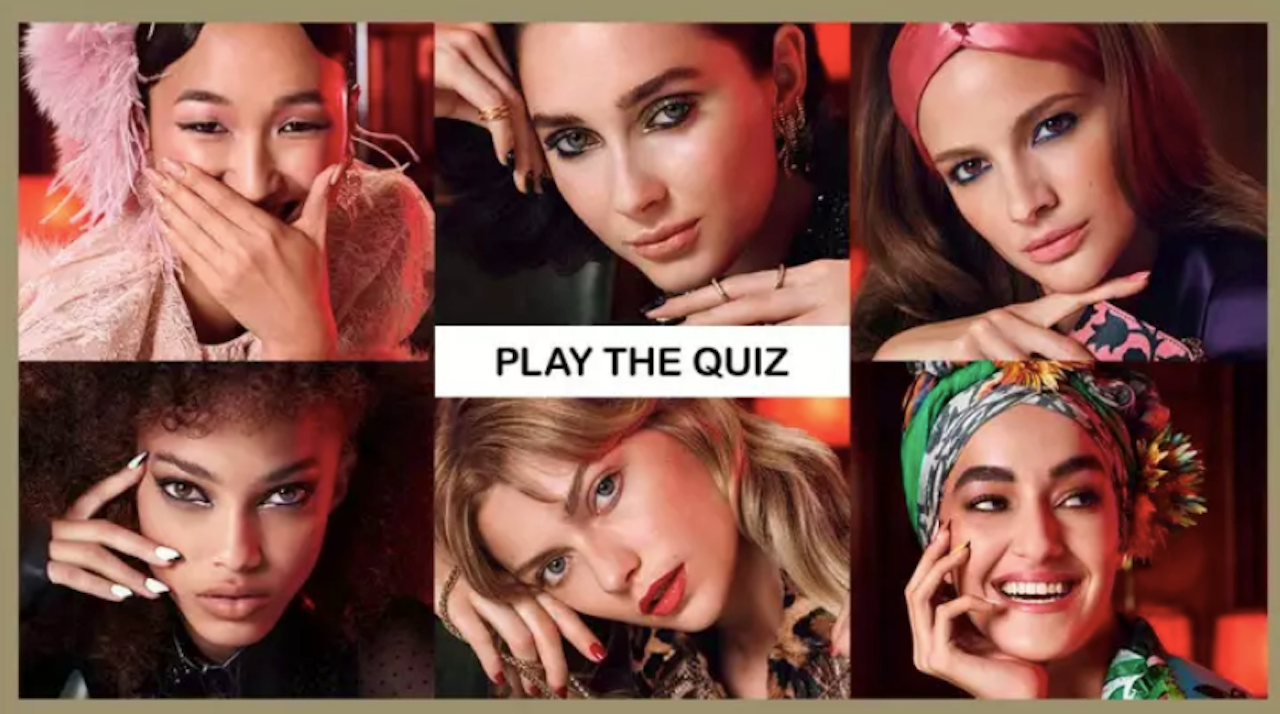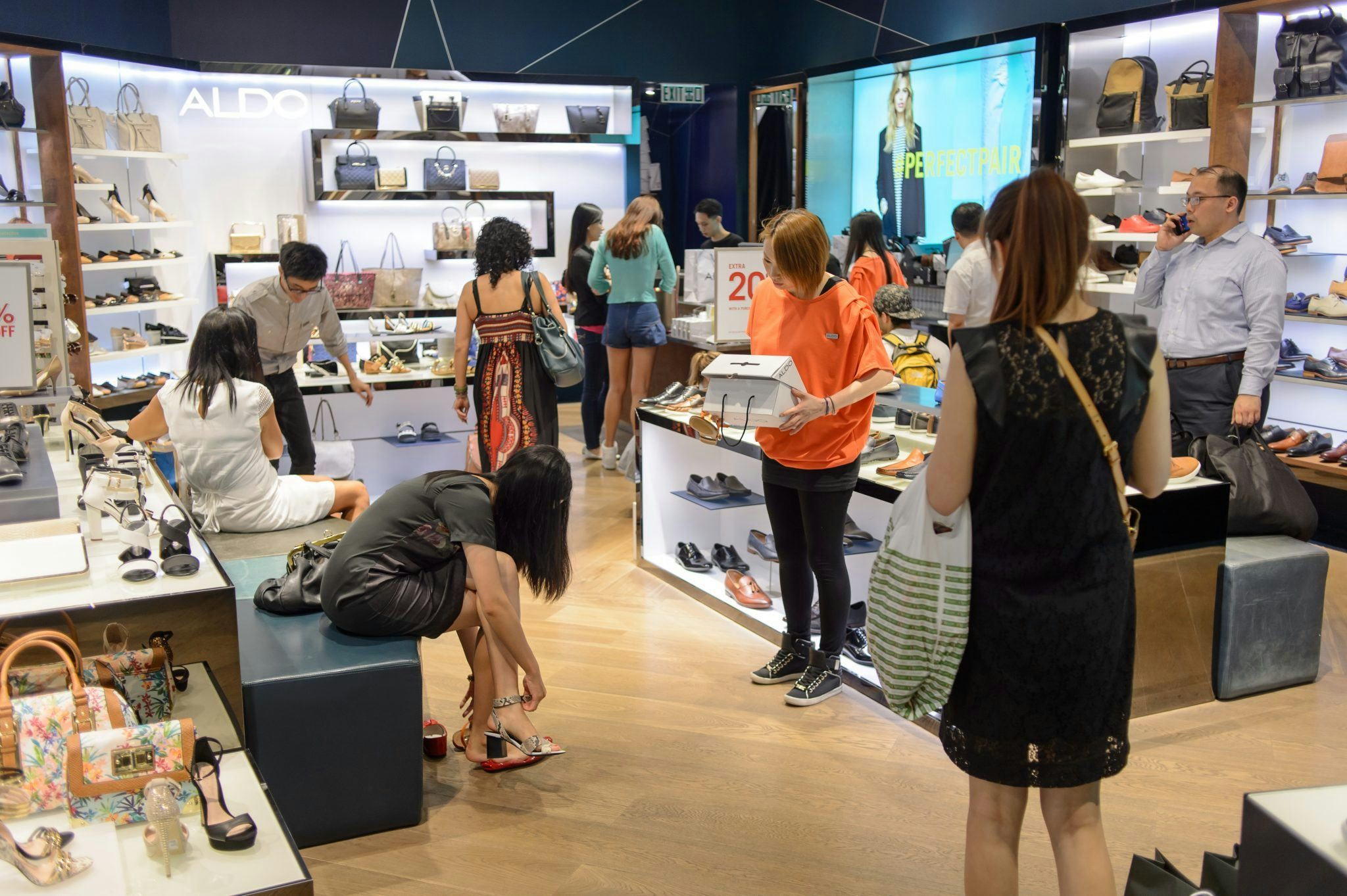British luxury brand Stella McCartney has launched a flash sale store on Alibaba’s invitation-only luxury portal Luxury Pavilion, which is exclusively open to the country’s super-rich VIP members, to sell a selection of items including fashion, footwear to handbags. The move is a first among fashion labels owned by Kering, the parent company of elite luxury labels including Gucci, Yves Saint Laurent, and Bottega Veneta.
Stella McCartney is using Tmall Space, an “online pop-up store” marketing tool that allows brands to personalize shopping experiences for customers. The flash sale is running from December 16, 2017, to January 15, 2018.
The British fashion powerhouse comes is the second big-name luxury player to utilize this platform since the launch of the Luxury Pavilion in August this year, following LVMH-owned Spanish fashion brand Loewe.
“We’re delighted to work with Stella McCartney in Tmall Space under the Luxury Pavilion and are excited to see how Chinese consumers respond to their presence,” said Sébastien Badault, Alibaba Group’s Director of International Fashion and Luxury and Managing Director for France. He claimed that the nature of the partnership will benefit Stella McCartney by helping the brand better understand the Chinese market and consumers.
The development also signals the ease of tension between the French luxury conglomerate and China’s e-commerce behemoth over counterfeiting issues.
In August this year, Kering Group dropped the long-standing lawsuit against Alibaba over counterfeits (in which it accused the company of being involved in the sales of fake designer handbags), opting instead to sign a joint agreement to fight against fake goods sellers and protect its brands’ intellectual property rights.
The turnaround by Kering once again highlights the importance of the domestic e-commerce retail market for international luxury brands. Compared to Western luxury shoppers, their Chinese counterparts are much more open to the idea of purchasing luxury goods online. According to a recent report by KPMG, about half of domestic luxury consumption in China will be generated online by 2020.
For Alibaba, receiving the endorsement from Kering is a strong boost to the expansion of its luxury business, a segment that has become increasingly important to the company’s growth. The partnership also indicates Alibaba’s aggressive anti-counterfeiting effort has been effective in mitigating luxury brands’ hesitation to join the platform.
Whether Luxury Pavilion will become a key place for luxury brands to sell products in the country remains to be seen. Counterfeiting concerns aside, the e-commerce giant, which traditionally targets the mass market, faces an uphill battle to reposition itself as a legitimate luxury goods e-tail platform.



